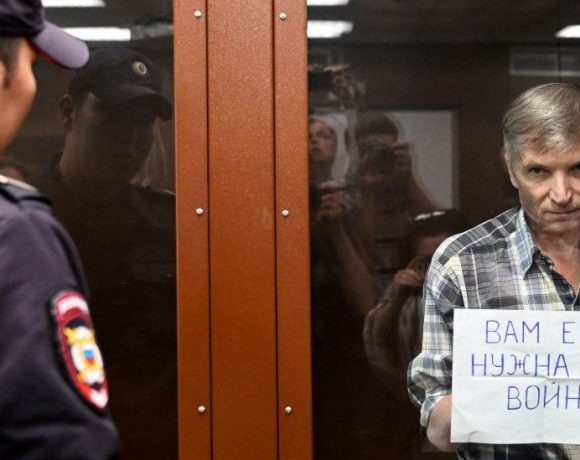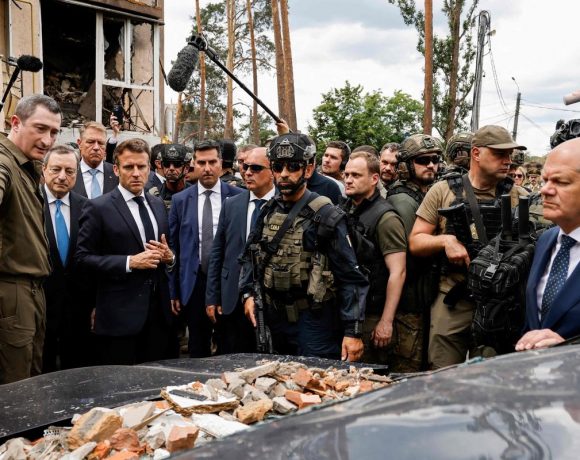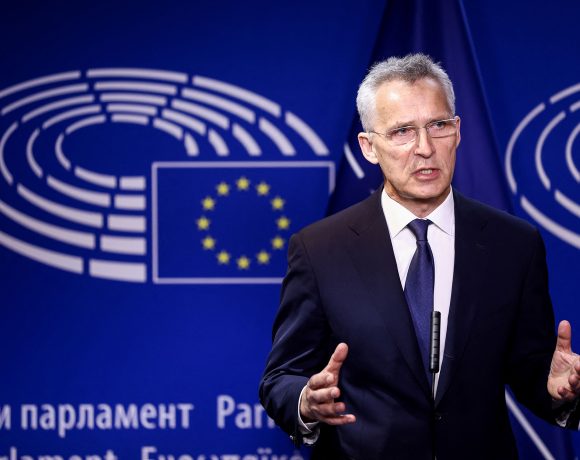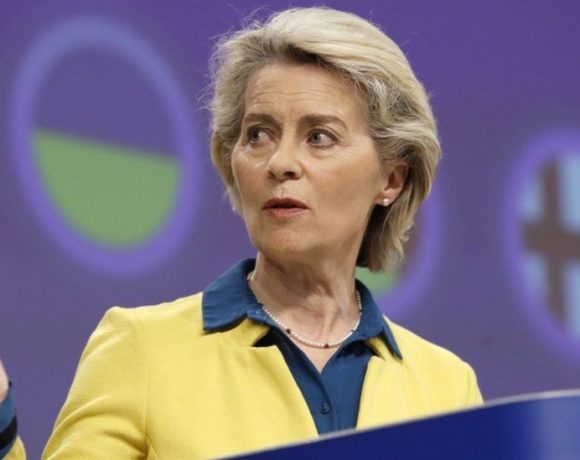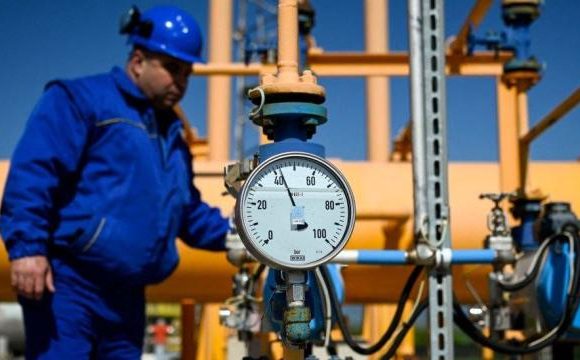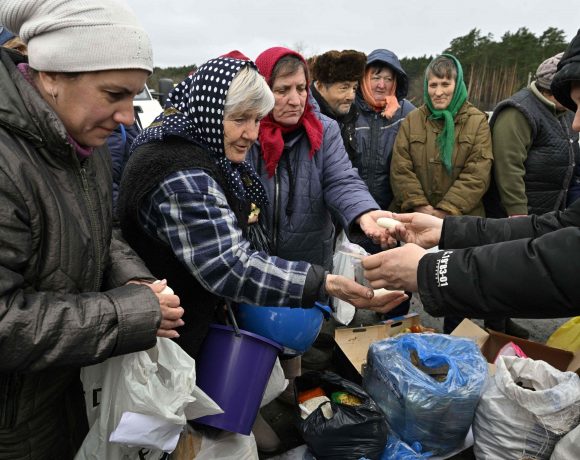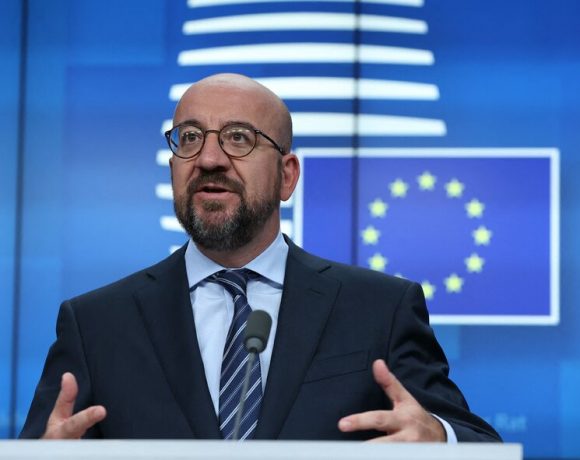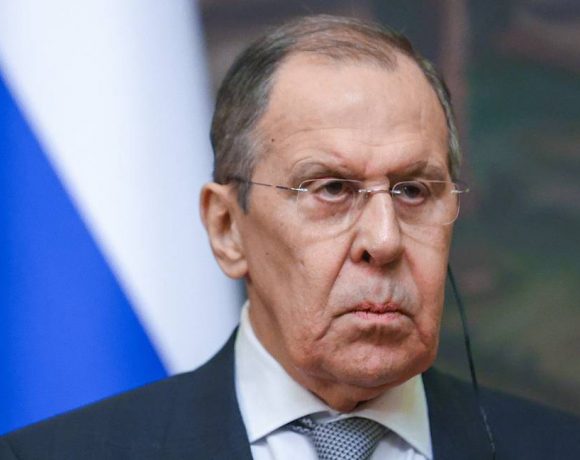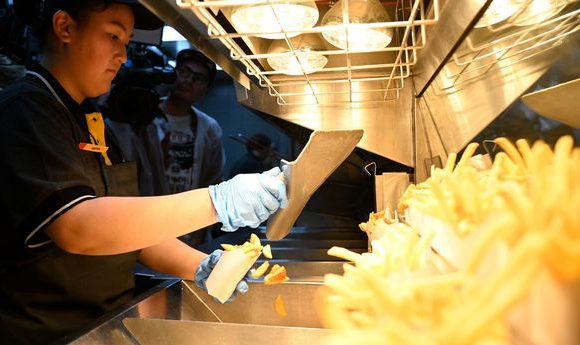
According to Russian media, some locations of the recently launched fast food chain “Tasty and that’s it,” which took the position of McDonald’s in Russia, would temporarily stop providing fries. Because there aren’t enough of the right kind of potatoes available, customers will need to order another side dish to go with their burgers and nuggets. By the fall, according to the business, fries will be back on the menu. In opposition to the invasion of Ukraine, McDonald’s withdrew from Russia. A Russian investor purchased the American fast food chain’s eateries, and in June, a few of them reopened under the slogan “Vkusno I Tochka,” which translates to “Tasty and that’s it.”
However, a month after the restaurant’s debut, one of its signature dishes remains hard to find. It’s also possible that “rustic potatoes,” a thicker-cut variation of the standard French fry, won’t be available. According to a statement given to the Russian news outlet Tass, the harvest for the type of potato required to create fries in 2021 was subpar.
Although it had also become impossible to import potatoes from markets that may temporarily replace the domestic supply, it was stated that the corporation normally tried to purchase potatoes from Russian suppliers. However, Russia’s agriculture ministry attempted to allay any worries about a potato scarcity in a Telegram message headed “There are potatoes – and that’s it.”
“There are plenty of potatoes, especially processed ones, on the Russian market. Additionally, crops from the upcoming harvest have already begun to arrive, eliminating the danger of a scarcity “added the ministry. In 1990, McDonald’s built its first location in Moscow, signalling the opening of deeper trade and cultural links between the West and the former Soviet Union.
But more than three decades later, in opposition to Russia’s invasion of Ukraine, the American icon and scores of other Western businesses withdrew from the country.
Wide-ranging sanctions imposed by the West on Russia currently damage supply chains and raise unemployment. Up to 10% of the Russian economy is predicted to contract in 2022.
Picture Courtesy: Google/images are subject to copyright

